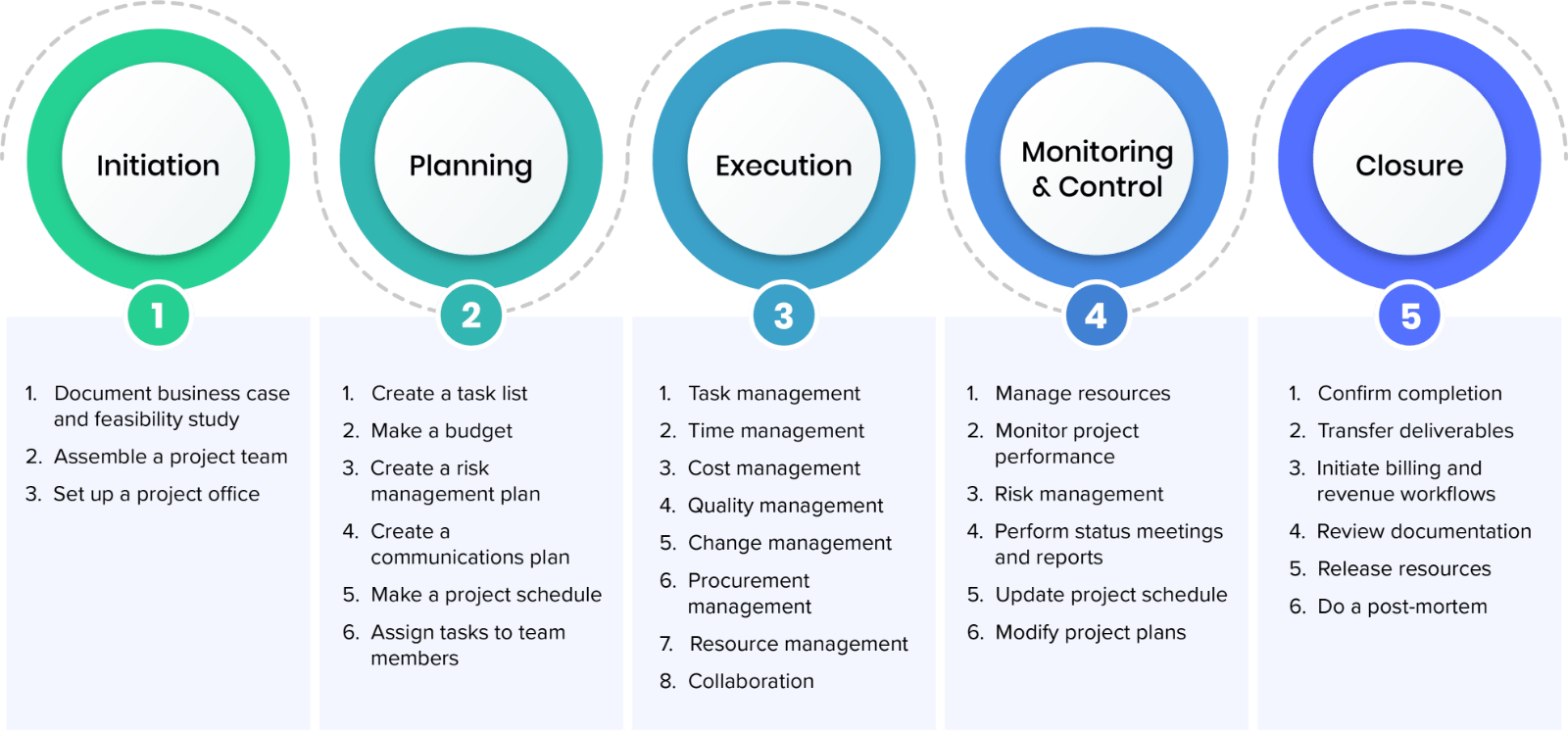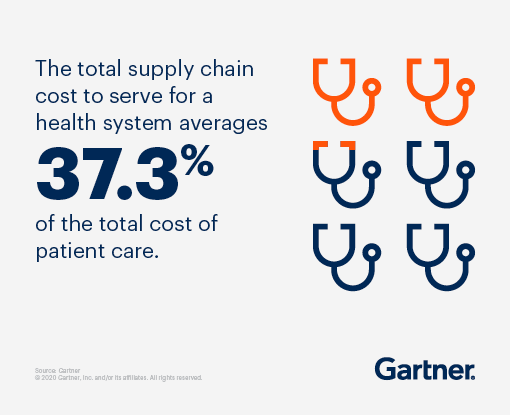
The strategy of an organization must include crisis management. It can either make or break an organization's performance. The success of a crisis management team depends on their ability to draw from their experiences and improve their practice. There are several psychological attributes of crisis managers, including task-oriented leadership behavior, communication plan, and preparation. These characteristics will be discussed in this article, along with how to prepare yourself for a crisis. After reading it, you will be better equipped to handle a crisis.
Stress managers should be aware of their psychological characteristics
For crisis managers to be effective, they must possess the psychological qualities. In this field, they need to be able to communicate effectively, think rationally, and avoid overreacting to a crisis. A key trait for crisis managers is empathy. Empathy can be described as the ability to see the situation from another person's perspective. Without empathy, they won't be able make the best decisions. They must also be patient and avoid anxiety.

Task-oriented leadership behaviour
Task-oriented leadership may have its merits, but there are also risks. Not only can task-oriented leadership be counterproductive, it can also create a hostile work environment. This article will examine the dangers of task-oriented management and how they can affect crisis managers. Here are some examples where task-oriented leadership may not be the best option if you find yourself in a difficult situation.
Preparation to deal with crises
While crisis can strike any organization at any time, many can be prevented by being prepared ahead of time. Practitioners in crisis management recommend that you assess your organization's strengths and potential points for crisis. They also suggest conducting mock drills, and pre-drafting emergency messages. Practice before a crisis hits will allow the crisis response team to make the most of it. You can read Crisis in Organizations II as well as Code Red in Boardroom for more information.
Communication plan
In order to develop a communications strategy for crisis managers, one of the most important steps is to establish a list for all parties. It is crucial to arrange the information in a prioritized way so that the most important customers can be reached first. It is important to outline in your plan how you will contact suppliers in case of emergency. This way, you can send messages when you need to, as opposed to having to rely on an inefficient manual process.

Public relations damage control
It is essential to recognize and correct PR errors if you want the situation to not spiral out of control. While small businesses may not have the resources to hire a crisis management firm, they can use a set protocol to handle public relations issues. If you address issues quickly, you can avoid potential crises that could damage your business reputation. It is cheaper and more efficient to take a proactive approach to crisis management than waiting for the controversy to die down.
FAQ
It can sometimes seem difficult to make business decisions.
Complex business systems have many moving parts. Their leaders must manage multiple priorities, as well as dealing with uncertainty.
The key to making good decisions is to understand how these factors affect the system as a whole.
You must first consider what each piece of the system does and why. It's important to also consider how they interact with each other.
You need to ask yourself if your previous actions have led you to make unfounded assumptions. If they don't, you may want to reconsider them.
Try asking for help from another person if you're still stuck. They might see things differently than you and may have some insights that could help find a solution.
What are the steps of the management decision-making process?
The decision-making process of managers is complicated and multifaceted. It involves many factors, including but not limited to analysis, strategy, planning, implementation, measurement, evaluation, feedback, etc.
Management of people requires that you remember that they are just as human as you are, and can make mistakes. As such, there are always opportunities for improvement, especially when you put in the effort to improve yourself.
This video will explain how decision-making works in Management. We will explain the importance of different types decisions and how every manager can make them. The following topics will be covered.
What is the difference between project and program?
A project is temporary; a program is permanent.
A project is usually defined by a clear goal and a set deadline.
It is often performed by a team of people, who report back on someone else.
A program often has a set goals and objectives.
It is usually done by one person.
Why is project management important for companies?
Project management techniques can be used to ensure smooth project execution and meeting deadlines.
This is due to the fact that most businesses rely heavily upon project work in order to produce goods, and services.
These projects must be managed efficiently and effectively by companies.
Without effective project management, companies may lose money, time, and reputation.
Statistics
- The BLS says that financial services jobs like banking are expected to grow 4% by 2030, about as fast as the national average. (wgu.edu)
- As of 2020, personal bankers or tellers make an average of $32,620 per year, according to the BLS. (wgu.edu)
- Your choice in Step 5 may very likely be the same or similar to the alternative you placed at the top of your list at the end of Step 4. (umassd.edu)
- This field is expected to grow about 7% by 2028, a bit faster than the national average for job growth. (wgu.edu)
- Hire the top business lawyers and save up to 60% on legal fees (upcounsel.com)
External Links
How To
How can you use the Kaizen method?
Kaizen means continuous improvement. The term was coined in the 1950s at Toyota Motor Corporation and refers to the Japanese philosophy emphasizing constant improvement through small incremental changes. This is a collaborative process in which people work together to improve their processes continually.
Kaizen is one method that Lean Manufacturing uses to its greatest advantage. Kaizen is a concept where employees in charge of the production line are required to spot problems during the manufacturing process before they become major issues. This way, the quality of products increases, and the cost decreases.
Kaizen is the idea that every worker should be aware of what is going on around them. If something is wrong, it should be corrected immediately so that no problem occurs. If someone spots a problem while at work, they should immediately report it to their manager.
Kaizen is based on a few principles. We always start from the end product and move toward the beginning. To improve our factory, for example, we need to fix the machines that produce the final product. Next, we repair the machines that make components. Then, the machines that make raw materials. We then fix the workers that work with those machines.
This method, called 'kaizen', focuses on improving each and every step of the process. After we're done with the factory, it's time to go back and fix the problem.
You need to know how to measure the effectiveness of kaizen within your business. There are many methods to assess if kaizen works well. One way is to examine the amount of defects on the final products. Another way is to check how much productivity has grown since kaizen was implemented.
If you want to find out if your kaizen is actually working, ask yourself why. You were trying to save money or obey the law? Did you really think that it would help you achieve success?
Congratulations if you answered "yes" to any of the questions. You're now ready to get started with kaizen.